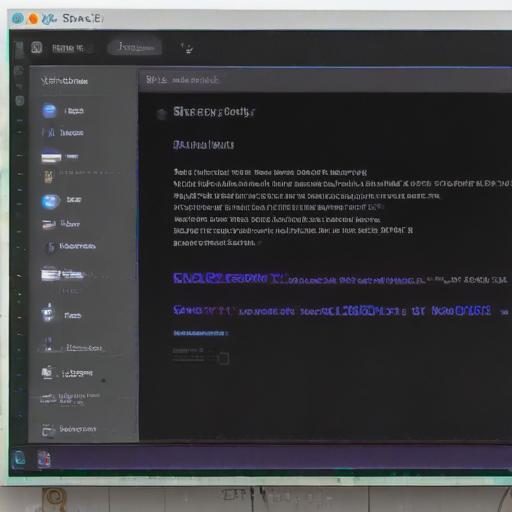Perplexity AI has quietly taken a bold swing in the tech arena, offering an unsolicited bid to acquire Google’s Chrome browser for 34.5 billion dollars—a price tag that about doubles the AI startup’s own valuation. Perplexity, which was valued at around 18 billion as of July, says it has secured commitments from investors to finance the deal.
The bid comes with several notable commitments. Perplexity would keep the Chromium engine open source and earmark roughly 3 billion dollars for Chrome’s development. It also pledges that Google would remain the default search engine on Chrome, preventing Perplexity’s own AI-powered search from taking its place.
Context matters. The move arrives amid ongoing antitrust scrutiny of Google. After a major antitrust victory last year, the U.S. Department of Justice signaled that it could force Google to divest Chrome, calling it a key “search access point” that entrenches Google’s dominance. Google has argued that such a remedy would be overly broad and cautioned against drastic intervention. The regulatory backdrop also includes scrutiny over Google’s payments to Apple to maintain default search status, believed to be worth over 15 billion dollars annually.
If successful, Perplexity would gain a direct foothold in the browser market and a powerful channel to reach users and search traffic. That could intensify competition with Google’s core search business at a time when major tech players are pouring resources into AI and related infrastructure. Perplexity has been active on multiple fronts: it recently explored a merger with TikTok, a move now paused, and has since launched its own AI-focused browser, Comet.
Google is also facing a separate antitrust inquiry in connection with a licensing deal involving Character.AI. The DOJ’s probe concerns whether Google’s licensing of large language model tech, and the related hiring of Character.AI’s co-founders (former Google employees), might raise antitrust concerns. Google says it does not own Character.AI and will cooperate with investigators.
What this could mean for users and the market is a shift toward greater AI-driven experimentation in browser and search experiences. If regulators weigh in favor of preserving Chrome’s open-source roots and allowing a major challenger to scale, users might see faster innovation and more choices in how information is accessed online.
Additional comments and analysis:
– The deal hinges on a complex web of regulatory hurdles that could slow or derail execution. Even if the bid progresses, antitrust authorities would scrutinize impacts on competition, default search dynamics, and data access.
– Keeping Chromium open source could be a win for developers and smaller tech players, potentially fueling a broader ecosystem of AI-enhanced browsing tools.
– A successful Perplexity acquisition would recalibrate the balance of power in AI-enabled search and web browsing, signaling that AI-first strategies are increasingly moving beyond standalone apps into foundational platform layers.
Summary: Perplexity AI’s bold 34.5 billion dollar bid for Chrome, with commitments to keep Chromium open, preserve Google as the default search engine, and invest heavily in development, underscores a pivotal moment in AI-driven competition. The proposal sits amid ongoing antitrust scrutiny of Google and broader tensions around how default search and browser ecosystems should be regulated. If regulatory and financial hurdles are cleared, the move could inject new speed and competition into the browser and search domains, potentially benefiting users through accelerated innovation and diverse offerings.
Hopeful angle: The push from an AI-native firm into core web infrastructure could spur faster, more user-centric improvements in how we search and browse, driving healthier competition and choices for consumers.
